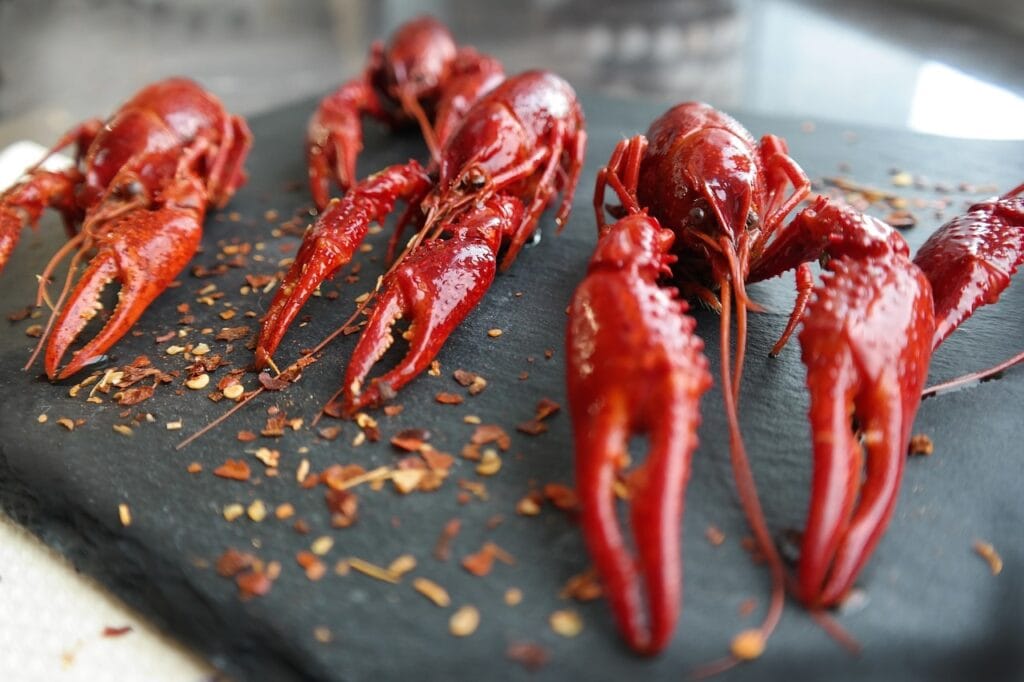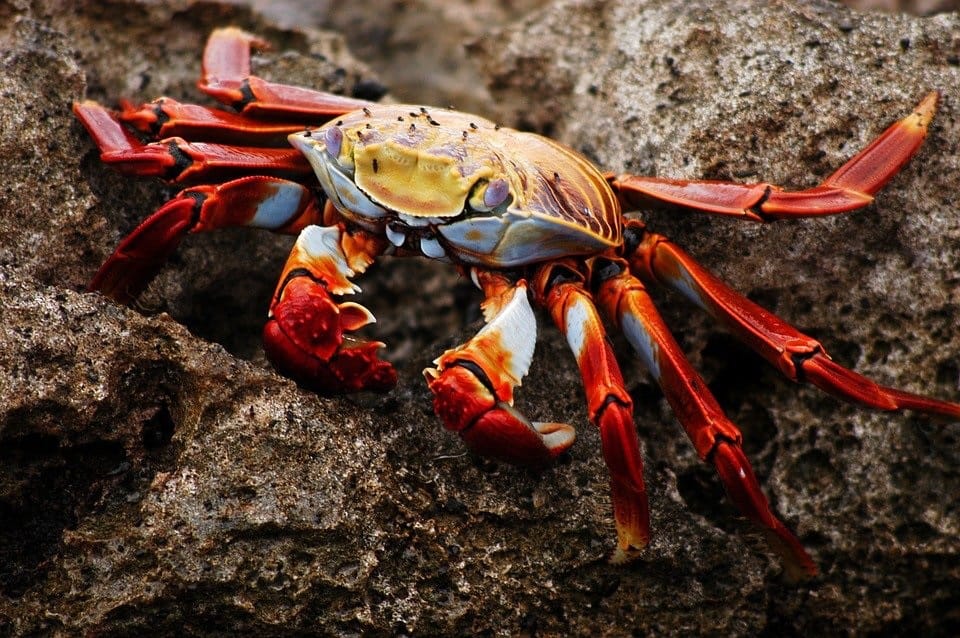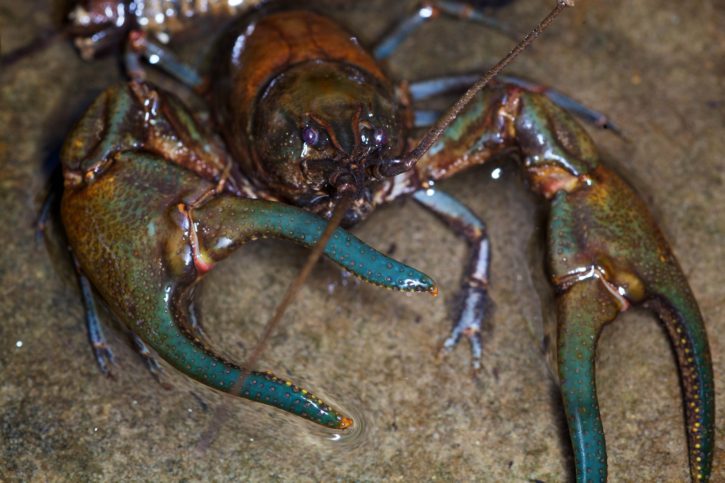There is a common belief that crayfish, as well as lobsters, crabs and other arthropods, do not suffer when they are boiled alive. We decided to check if this is true.
Not only culinary scholars have written about the absence of pain in these animals due to the primitive structure of the nervous system. sites, but also Media, as well as popular bloggers. For example, Ilya Varlamov assertsthat “scientists have long proven that worms, crustaceans, insects and fish do not feel pain. When you put a worm on a hook, it doesn't hurt. When you throw a crayfish into boiling water, it does not suffer. The nervous system is not developed, unlike humans or other animals, so a crayfish, mosquito or worm doesn’t care.”
To begin with, it is worth noting that crayfish, lobsters and crabs are boiled alive not because the cooks are particularly cruel. The reason for this method of preparation is their diet: 90% of it consists of plant food, and 10% of animal food, including carrion. The digestive tract of these arthropods contains a huge number of bacteria. Therefore, a cancer that died even a couple of hours ago can cause severe poisoning. In addition, cancer Maybe be a carrier of infections dangerous to humans: hepatitis A, salmonellosis and even typhoid fever.
The nervous system of arthropods is really quite simple. It consists of three elements: paired suprapharyngeal ganglia, a nerve ring and a ventral nerve cord. The brain consists of two areas: responsible for the innervation of the eyes and regulating the signals of the antennules (antennae). Mike Laughlin, a biologist with the Maine Atlantic Salmon Commission, in his research came to the conclusion that such a brain structure brings crayfish and lobsters closer to insects that do not experience pain, and the convulsive twitching of animals in boiling water is simply an attempt to get out of an unusual environment. “It’s simple: no brain, no pain,” he summed up. The lack of pain sensitivity in crayfish has long been a scientific consensus. This version was often supported by the argument that in case of danger, cancer Maybe It’s easy to throw off a claw without dying from pain shock, and then, over time, grow a new one.
However study, conducted under the leadership of Robert Elwood from Queen's University in Belfast (Northern Ireland), refuted the previous hypothesis. While wetting the shrimp's antennules with a solution of acetic acid, he noticed that the animals actively cleaned them with their front legs. At the same time, if local anesthesia is first applied to the antennae, then the shrimp less actively strive to clean them. From this observation, the biologist concluded that such behavior may indicate that even in the absence of our usual nervous system, animals are able to sense an uncomfortable environment. He conducted a second similar experiment on crabs. They were able, like laboratory mice, to remember in which house the electric current awaited them, and no longer chose it as a shelter. By the scientist’s own admission, this came as a surprise even to him: “When I started working in this field, I expected that the answer [to the question of whether arthropods feel pain] would be “extremely unlikely.” True, Robert Ellwood points out, what crustaceans experience may not coincide with the human sensation of pain.

Another evidence in favor of the “sensitivity” of crustaceans was happening, when in a Chinese restaurant a crayfish, in order to get out of the pan, tore off its stuck claw.
Experiments and evidence led to the introduction of amendments to the Law on Animal Protection. They recognized this method as inhumane, and cooks were ordered to use a stun gun or mechanically kill crayfish and lobsters before cooking. The same law prohibited the transport of live crustaceans on ice, since exposure to both high and low temperatures is inhumane.

Just this year, the UK followed the path of Switzerland - there on May 17, 2021 accepted legislation introduced by animal rights activists. Representatives of the fauna received the right to a comfortable life and were recognized as intelligent beings. True, so far the law applies only to vertebrates, therefore, crayfish and lobsters do not fall under it. But public campaigns to protect arthropods continue, and perhaps the law will be supplemented by the rights of invertebrates to humane treatment.
Thus, the experiments carried out prove that arthropods are by no means “insensitive” creatures. Their understanding of pain may differ from a person's, but they can identify uncomfortable conditions for themselves and make every effort to get rid of these conditions.

Mostly not true
Read on the topic:
- The debate continues: does seafood experience pain?
- How do animals experience pain? — Robin Crook
- Scientists have discovered animals that are insensitive to pain
If you find a spelling or grammatical error, please let us know by highlighting the error text and clicking Ctrl+Enter.






